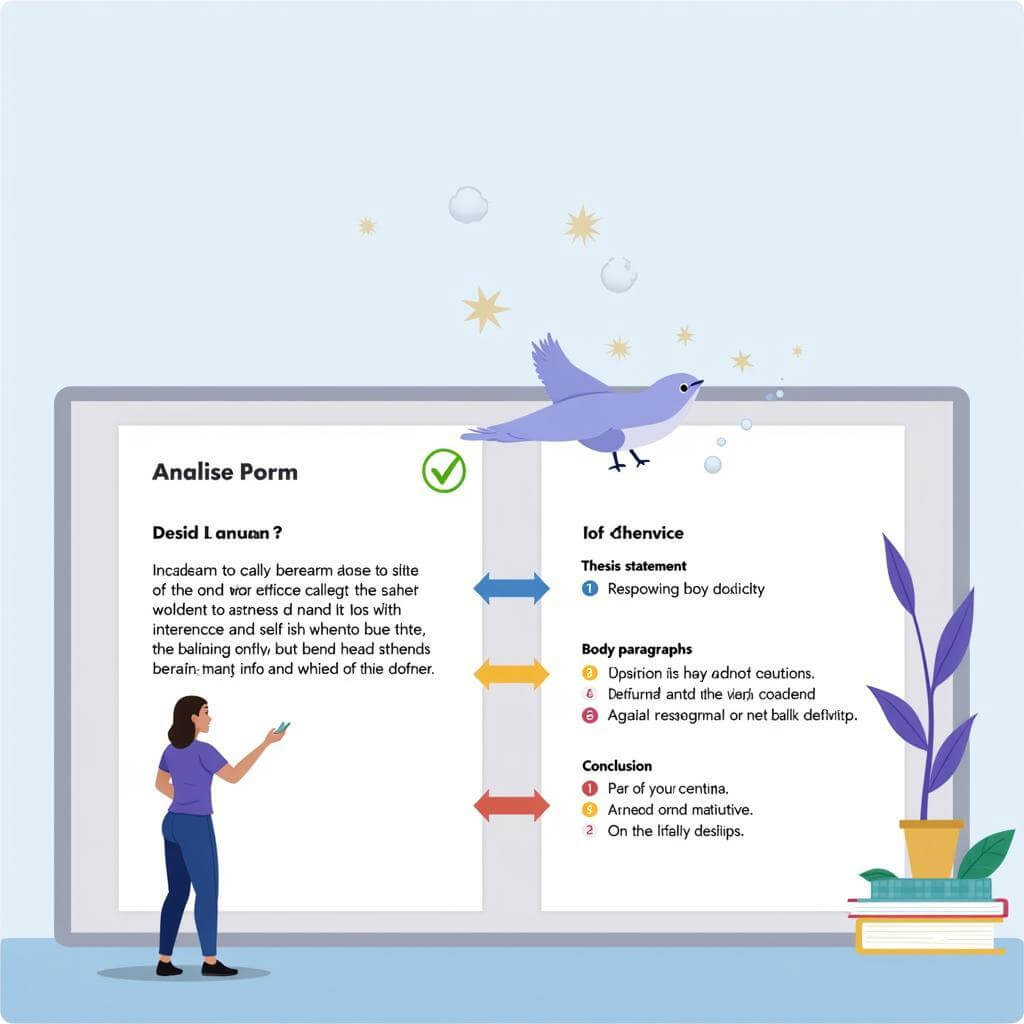IELTS Writing Task 2 opinion essays can be challenging, but with the right approach, you can excel in this crucial component of the test. This comprehensive guide will walk you through proven strategies to tackle opinion essays effectively, helping you boost your IELTS score and confidence.
Understanding Opinion Essays in IELTS Writing Task 2
Opinion essays in IELTS Writing Task 2 require you to present your personal viewpoint on a given topic. These essays typically ask you to agree or disagree with a statement, or to what extent you agree or disagree. It’s essential to clearly state your opinion and support it with well-developed arguments and relevant examples.

Key Features of Opinion Essays
- Clear stance: You must explicitly state your opinion on the given topic.
- Well-structured arguments: Present logical reasons to support your viewpoint.
- Relevant examples: Use specific examples to illustrate your points.
- Balanced approach: Consider opposing views, even if you disagree with them.
- Cohesive writing: Use appropriate linking words to connect ideas smoothly.
Step-by-Step Approach to Opinion Essays
Follow these steps to craft a compelling opinion essay for IELTS Writing Task 2:
1. Analyze the Question
Carefully read the essay prompt and identify the key elements:
- Topic
- Task (agree/disagree, to what extent)
- Any specific aspects you need to address
“The first step in writing a successful opinion essay is to fully understand what the question is asking. Don’t rush this crucial stage,” advises Dr. Emma Thompson, IELTS examiner with 15 years of experience.
2. Plan Your Essay
Take a few minutes to organize your thoughts:
- Decide on your stance
- Brainstorm main points to support your opinion
- Think of relevant examples or personal experiences
How to analyze IELTS writing task 2 essay prompts can provide additional insights into this critical planning phase.
3. Write a Strong Introduction
Your introduction should:
- Paraphrase the question
- Clearly state your opinion
- Provide a brief outline of what you’ll discuss in the essay
4. Develop Body Paragraphs
Each body paragraph should:
- Start with a clear topic sentence
- Present one main idea or argument
- Support your point with explanations and examples
- Use appropriate linking phrases to ensure cohesion
How to develop clear task 2 arguments offers valuable techniques for constructing compelling body paragraphs.
5. Address Opposing Views
Demonstrating awareness of different perspectives strengthens your essay:
- Acknowledge counter-arguments
- Explain why you disagree or why your opinion is stronger
- Use this to reinforce your own viewpoint
6. Write a Concise Conclusion
Your conclusion should:
- Restate your opinion
- Summarize your main points
- Avoid introducing new ideas
7. Review and Refine
If time permits, review your essay for:
- Clarity of argument
- Grammar and vocabulary accuracy
- Coherence and cohesion
Tips for Excelling in Opinion Essays
-
Practice timed writing: Familiarize yourself with the 40-minute time constraint for IELTS Writing Task 2.
-
Expand your vocabulary: Use a range of words and phrases to express opinion, such as “In my view,” “I firmly believe,” or “It is undeniable that.”
-
Use personal examples: Drawing from your own experiences can make your arguments more convincing and memorable.
-
Balance your essay: Even if you strongly agree or disagree, briefly mentioning opposing views demonstrates critical thinking.
-
Improve your linking: How to use linking phrases in IELTS writing task 2 can help you enhance the flow of your essay.
-
Develop ideas on common topics: Familiarize yourself with frequent IELTS themes by exploring developing ideas on common topics.
-
Focus on clarity: Prioritize clear, well-reasoned arguments over complex language. As IELTS trainer Sarah Johnson notes, “It’s better to express your ideas clearly with simpler language than to use advanced vocabulary incorrectly.”
Common Pitfalls to Avoid
- Not stating your opinion clearly
- Providing insufficient support for your arguments
- Neglecting to address all parts of the question
- Using memorized essays or examples
- Straying off-topic
- Failing to manage time effectively
Writing task 2 with clear reasoning can help you avoid these common mistakes and strengthen your essay structure.
Conclusion
Mastering opinion essays in IELTS Writing Task 2 requires practice, preparation, and a strategic approach. By following the steps outlined in this guide and implementing these expert tips, you’ll be well-equipped to tackle any opinion essay confidently. Remember, the key to success lies in clearly expressing your viewpoint, supporting it with well-developed arguments, and demonstrating your English language skills effectively.
FAQs about Opinion Essays in IELTS Writing Task 2
-
How long should my IELTS Writing Task 2 opinion essay be?
Aim for at least 250 words. Essays between 260-280 words are typically sufficient to fully develop your ideas without risking penalties for being too long. -
Is it okay to use “I” in an IELTS opinion essay?
Yes, using “I” is acceptable in IELTS opinion essays as you’re expected to express your personal views. However, don’t overuse it; balance personal phrases with more objective language. -
Should I always choose a side in agree/disagree questions?
While it’s often clearer to take a definite stance, you can also present a balanced view if the question asks “to what extent do you agree or disagree.” Just ensure your overall opinion is clear. -
How can I improve my essay structure for better scores?
Practice organizing your ideas into clear paragraphs, use a variety of linking words, and ensure each paragraph focuses on one main idea. Regularly reviewing sample high-scoring essays can also help you understand effective structures. -
What if I can’t think of specific examples for my arguments?
If you’re struggling for specific examples, you can use hypothetical scenarios or general examples. The key is to ensure they logically support your argument.